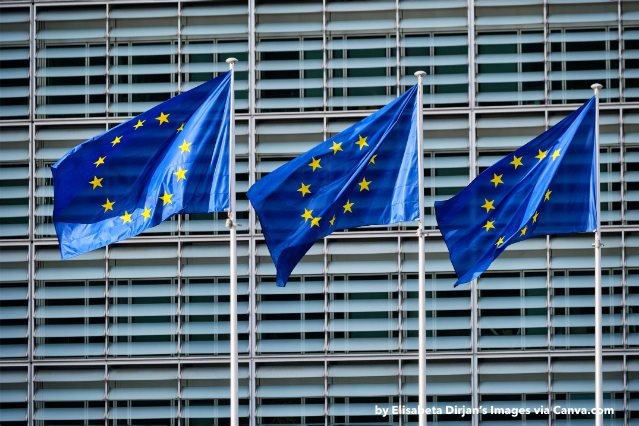
After the summer break, political activity is picking up again in Brussels as the last quarter of 2025 looms. On the energy, climate, and research fronts, much attention will turn to the Multiannual Financial Framework (MFF) interinstitutional negotiations, due to start soon, which will determine the EU’s long-term budget for the 2028–2034 period, in interplay with the yet-to-be-established European Competitiveness Fund and the new Framework Programme 10. In addition, numerous other developments are expected across the climate, energy, and research spheres, from the Clean Industrial Deal to COP30 negotiations and innovation policies.
As for the Clean Industrial Deal, a package designed to accelerate industrial decarbonisation while safeguarding competitiveness and unveiled by the European Commission in February, a review of the Carbon Border Adjustment Mechanism (CBAM)—which prices the carbon emissions of products imported into the EU—is expected soon, to be followed by an expansion proposal in early 2026 to further prevent carbon leakage along the value chain.
The presentation of one of the main legislative initiatives of the mandate, the Industrial Decarbonisation Accelerator Act, is also expected before the end of the year. The Act is foreseen to support energy-intensive industries in decarbonising while remaining globally competitive, by facilitating investments and reducing red tape. In addition, the European Grid Package, intended to accelerate the expansion, modernisation, and digitalisation of grids, is expected in the coming months, as is the Trans-Mediterranean Energy and Clean Tech Cooperation Initiative, aimed at boosting renewable energy trading and clean tech manufacturing in the region.
Discussions on the EU’s 2040 climate target, an intermediary goal between the 2030 ambition to cut carbon emissions by 55% and the 2050 objective of climate neutrality, will also intensify. Following the European Commission’s presentation of the EU Climate Law amendment, proposing a 90% reduction by 2040, heated interinstitutional negotiations are set to begin. In the European Parliament, Ondřej Knotek, the Czech MEP from the Patriots for Europe (PfE) group appointed rapporteur for the file, has already called for rejection of the target, kickstarting a battle between political forces: those advocating more ambitious action argue that the 90% reduction is insufficient, given its new, more flexible features, while others oppose implementation of the EU Green Deal.
Related to the 2040 target, the EU is continuing to shape its position for the upcoming United Nations climate conference, COP30, taking place from 10 to 21 November in Belém, Brazil. To avoid delays, the EU is expected to submit its updated Nationally Determined Contribution (NDC), a roadmap for achieving the Paris Agreement’s objectives with a time horizon of 2035, by September. In addition, the EU must adopt a common position ahead of the debates, which will focus heavily on climate finance, support for adaptation and mitigation strategies—particularly for vulnerable countries—and the role of low-carbon energy technologies in combating climate change.
In parallel, the next few months will bring renewed focus on implementation, with Energy Ministers expected to discuss the first sectoral contracts for affordable energy for Europe’s industry during their Council meeting, before attending the first Energy Union Task Force assembly. Announced in the Action Plan for Affordable Energy last February, these tripartite contracts will bring together the public sector, energy producers, and energy-consuming industries, aiming to counter high energy prices and market uncertainty.
Regarding research and innovation policy, the Danish presidency, which will hold the Council of the EU presidency until 31 December, has expressed its ambition to advance negotiations on the EU’s next Framework Programme for 2028–2034 as much as possible, with two Council meetings planned before the end of the year. The European Commission is also expected to release its AI in Science strategy in the coming months, while the European Research Area Act and the European Innovation Act are scheduled to be presented before Spring 2026.